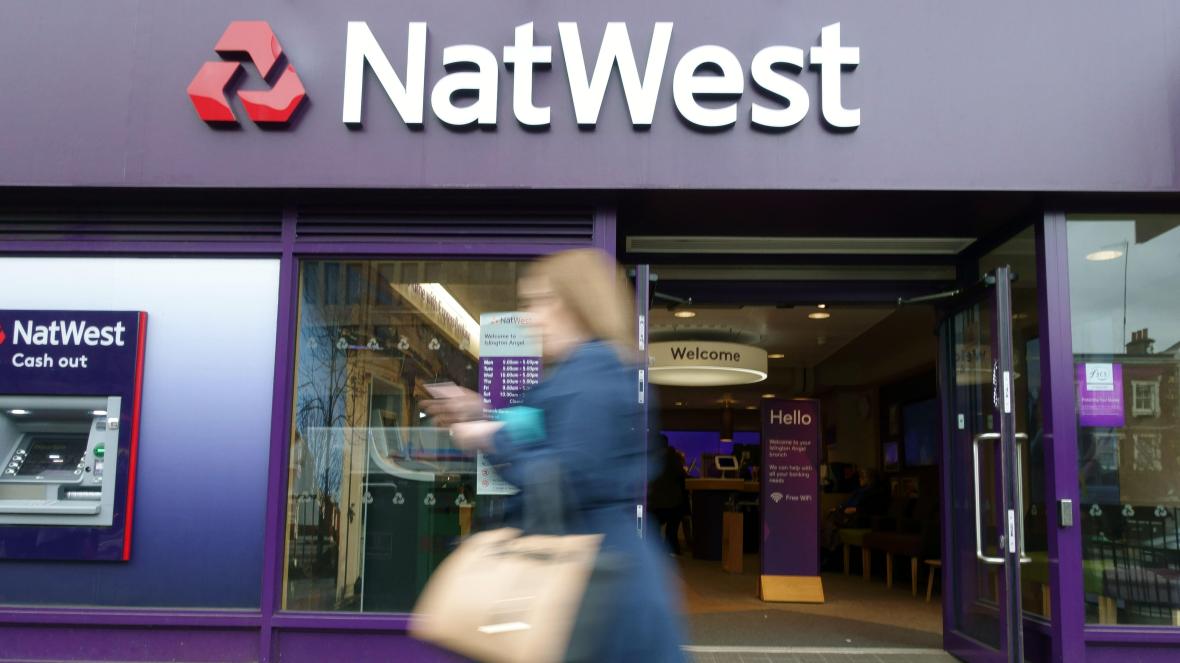Investment fraud reports 32% leap as criminals exploit covid-19
Mark Battersby, 26 March 2021
 Investment scam reports surged by almost a third (32%) during 2020, with losses to these scams increasing 42% to £135.1m, according to a report by trade body UK Finance.
Investment scam reports surged by almost a third (32%) during 2020, with losses to these scams increasing 42% to £135.1m, according to a report by trade body UK Finance.
So called ‘authorised’ fraud losses increased 5% in 2020 to £479m as scammers ramped up online activity during the pandemic, its latest Fraud the Facts report stated. Unauthorised fraud losses dropped 5% as lockdown restrictions forced criminals to switch tactics, but were still very high at £784m, the latest Fraud the Facts report also revealed.
It cannot be right that online firms are effectively profiting from fraud, while society as a whole pays the price.”
Impersonation scam cases almost doubled to nearly 40,000 cases during the year.
The shocking figures show why tackling scam activity, particularly online, needs to be prioritised across Government, UK Finance argued in the report.
UK Finance is specifically calling for fraud to be included in the scope of the government’s Online Safety Bill to better protect consumers from these scams.
This would ensure that online platforms such as social media firms, search engines and dating websites take action to address vulnerabilities in their systems that are being exploited by criminals to commit fraud.
Katy Worobec, managing director of economic crime at UK Finance, said: “The banking industry has worked hard throughout the pandemic to protect customers from fraud and to go after the criminals behind it, with over £1.6 billion of fraud stopped in 2020.
Read Full Article
 The City regulator has warned bosses at Britain’s biggest retail banks that they must do more to stop money laundering or face personal consequences for failing to comply with the rules.
The City regulator has warned bosses at Britain’s biggest retail banks that they must do more to stop money laundering or face personal consequences for failing to comply with the rules.
 A currency manager, ECU Group has accused the multinational investment bank, HSBC of fraud and misconduct within its foreign exchange (forex) trading desk between 2004 and 2006. According to a report published by the Financial Times, quoting a hearing at the UK High Court on Monday, an alleged ‘rotten culture’ between such a period allowed bankers to misuse confidential data.
A currency manager, ECU Group has accused the multinational investment bank, HSBC of fraud and misconduct within its foreign exchange (forex) trading desk between 2004 and 2006. According to a report published by the Financial Times, quoting a hearing at the UK High Court on Monday, an alleged ‘rotten culture’ between such a period allowed bankers to misuse confidential data. The parliamentary debate was often framed by the minister and others around the narrative that Johnny Foreigner is corrupt and a threat to our values and global stability. The Minister said that 22 individuals from six countries have been sanctioned. No doubt, there are corrupt persons all around the world, but what about home grown corruption.
The parliamentary debate was often framed by the minister and others around the narrative that Johnny Foreigner is corrupt and a threat to our values and global stability. The Minister said that 22 individuals from six countries have been sanctioned. No doubt, there are corrupt persons all around the world, but what about home grown corruption.  The Serious Fraud Office will start a criminal probe into Sanjeev Gupta’s GFG Alliance just as the beleaguered British prosecutor faces intense criticism for its inability to secure a high-profile conviction.
The Serious Fraud Office will start a criminal probe into Sanjeev Gupta’s GFG Alliance just as the beleaguered British prosecutor faces intense criticism for its inability to secure a high-profile conviction. News broke on Tuesday 16 March 2021 that the Financial Conduct Authority (the “FCA”) has started criminal proceedings against NatWest Bank (“NatWest”) for alleged offences relating to the adequacy of procedures in place to prevent money laundering.
News broke on Tuesday 16 March 2021 that the Financial Conduct Authority (the “FCA”) has started criminal proceedings against NatWest Bank (“NatWest”) for alleged offences relating to the adequacy of procedures in place to prevent money laundering.  A former Royal Bank of Scotland trader is suing the lender for more than £1.1 million ($1.5 million), claiming he is being denied promised bonuses after being unlawfully dismissed during a regulatory investigation into the Libor rate-rigging scandal.
A former Royal Bank of Scotland trader is suing the lender for more than £1.1 million ($1.5 million), claiming he is being denied promised bonuses after being unlawfully dismissed during a regulatory investigation into the Libor rate-rigging scandal. The GameStop saga stopped the stock market in its tracks earlier this year, with wealthy hedge funds losing millions of pounds. The move was orchestrated on a subreddit thread, with vast numbers of average investors joining forces to push up the share price.
The GameStop saga stopped the stock market in its tracks earlier this year, with wealthy hedge funds losing millions of pounds. The move was orchestrated on a subreddit thread, with vast numbers of average investors joining forces to push up the share price. The UK’s financial regulator, the Financial Conduct Authority (FCA), has announced a shake-up of its anti-money laundering activities which will see firms dealing in cryptoassets obliged to file annual reports on their trading activities.
The UK’s financial regulator, the Financial Conduct Authority (FCA), has announced a shake-up of its anti-money laundering activities which will see firms dealing in cryptoassets obliged to file annual reports on their trading activities. The Financial Conduct Authority (FCA) has decided to crack down on crypto and fiat currency payments provider Wirex after money laundering allegations surfaced, according to an investigation by Fintech Futures.
The Financial Conduct Authority (FCA) has decided to crack down on crypto and fiat currency payments provider Wirex after money laundering allegations surfaced, according to an investigation by Fintech Futures. Investment scam reports surged by almost a third (32%) during 2020, with losses to these scams increasing 42% to £135.1m, according to a report by trade body UK Finance.
Investment scam reports surged by almost a third (32%) during 2020, with losses to these scams increasing 42% to £135.1m, according to a report by trade body UK Finance. RGL Management has formally launched legal action against Hargreaves Lansdown, which continued to recommend Woodford Equity Income to its clients right up until its suspension in June 2019, even though its analysts raised concerns in 2017.
RGL Management has formally launched legal action against Hargreaves Lansdown, which continued to recommend Woodford Equity Income to its clients right up until its suspension in June 2019, even though its analysts raised concerns in 2017.